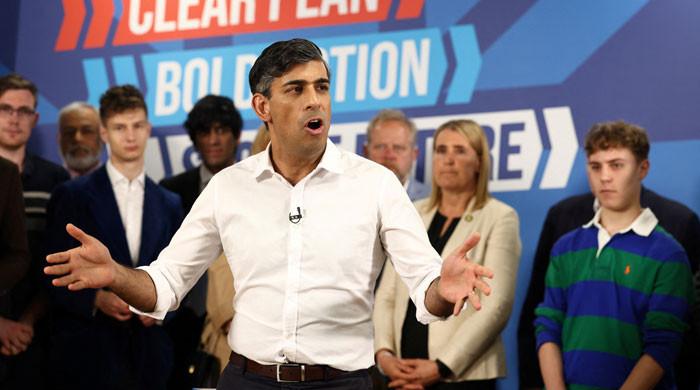- The prosecution of the former IIOJK law professor was also approved.
- “Kashmir political mufti shocked by Roy's prosecution”.
- The prosecution will take place following the complaint filed in 2010.
Delhi Lieutenant Governor Vinai Kumar Saxena has sanctioned the prosecution of Indian author Arundhati Roy under India's stringent Unlawful Activities (Prevention) Act (UAPA) for her allegedly “provocative” speech during a conference on Jammu and Kashmir illegally occupied by India (IIOJK) in 2010. India today reported.
Saxena also approved the prosecution of former Kashmiri law professor Sheikh Showkat Hussain, who was also one of the speakers at the same conference where Roy delivered his speech. Kashmiri speakers Syed Ali Shah Geelani and Syed Abdul Rahman Geelani also participated in the conference.
According to officials in the governor's office, also known as Raj Bhavan, the first information report (FIR) against Roy and Hussain was registered following an order by a New Delhi metropolitan court following a complaint by Sushil Pandit in October 2010.
Pandit had alleged that Roy and Hussain had given “provocative speeches at a conference organized under the slogan 'Azadi – The Only Way'” in New Delhi, discussing issues that “propagated 'separation of Kashmir from India'”, according to India today.
Following the approval, former IIOJK chief minister Mehbooba Mufti expressed surprise at the news and stated that “the Indian state continues to violate fundamental rights.”
What is the UAPA?
The UAPA Act, passed in 1967 to prevent illegal activities of associations in India, provides for the death penalty and life imprisonment as maximum penalties.
“Illegal activities” refers to any action carried out by an individual or association aimed at disturbing the “territorial integrity and sovereignty” of the country.
Under the UAPA, both Indian and foreign nationals can be charged. It will be applicable to offenders in the same manner even if the offense is committed outside India.












